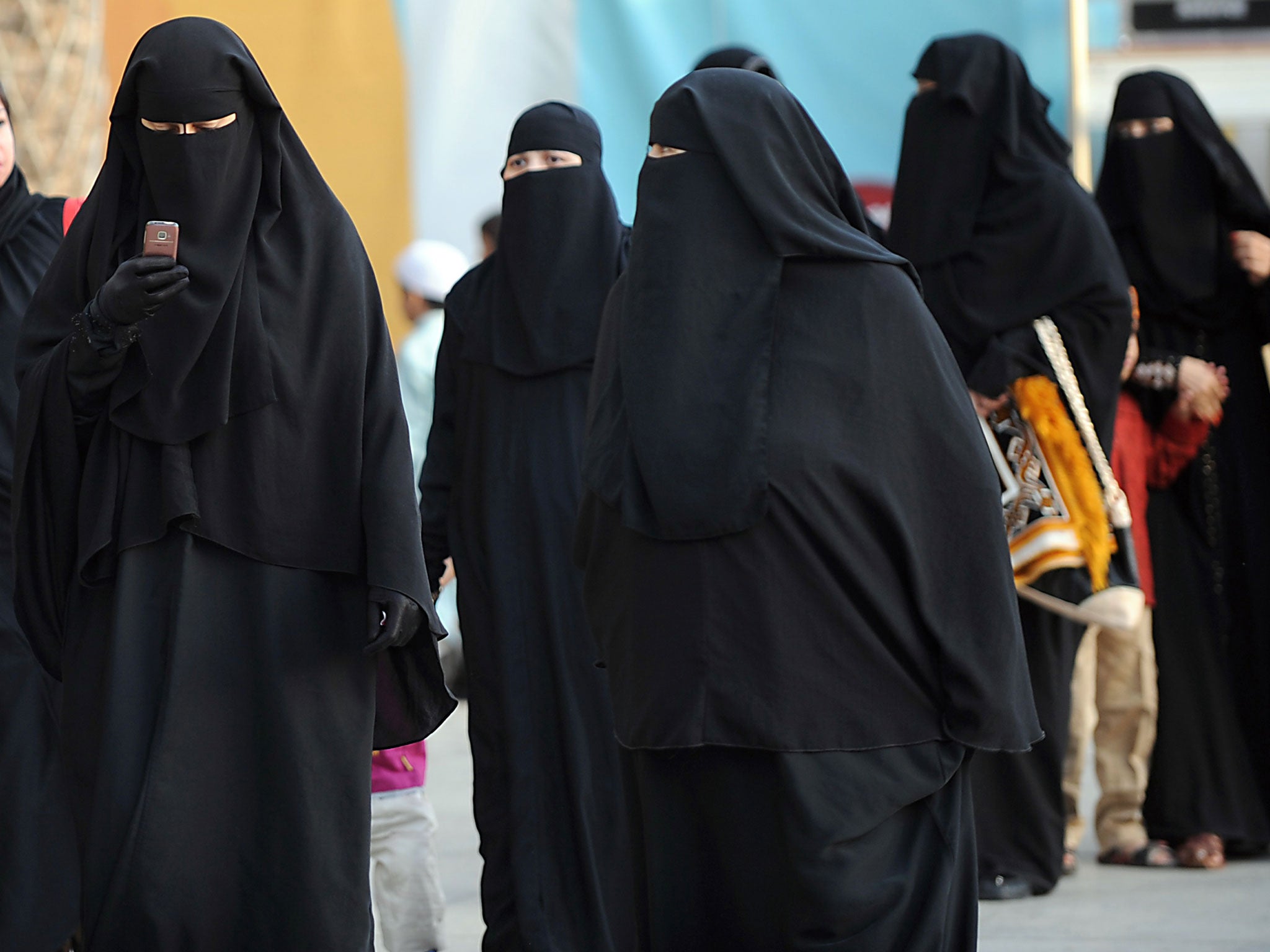It is not 'appropriate' for students to wear veil in classroom, says Nick Clegg
But state should NOT issue edicts about what people can and can't wear, he says

It is not "appropriate" for students to wear a full veil in the classroom - but neither should the state intervene and issue edicts about what people can and can't wear, Nick Clegg said today.
Mr Clegg was responding to comments from the Home Office Minister Jeremy Browne who called for a national debate over whether the Government should step in to prevent young women having the veil imposed upon them.
Mr Browne said he was "instinctively uneasy" about restricting religious freedoms, but he added there could be a case to act to protect girls who were too young to decide for themselves whether they wished to wear the veil or not.
"I am instinctively uneasy about restricting the freedom of individuals to observe the religion of their choice," he told the Daily Telegraph.
"But there is genuine debate about whether girls should feel a compulsion to wear a veil when society deems children to be unable to express personal choices about other areas like buying alcohol, smoking or getting married.
"We should be very cautious about imposing religious conformity on a society which has always valued freedom of expression."
Responding to his comments, Mr Clegg said: "I think there is a debate going on already in households and communities up and down the country.
"My own view, very strongly held, is that we shouldn't end up like other countries issuing edicts or laws from parliament telling people what they should or should not wear.
"This is a free country and people going about their own business should be free to wear what they wish. I think it is very un-British to start telling people what pieces of clothing they should wear.
"I think there are exceptions to that as far as the full veil is concerned - security at airports for instance. It is perfectly reasonable for us to say the full veil is clearly not appropriate there.
"And I think in the classroom, there is an issue of course about teachers being able to address their students in a way where they can address them face to face. I think it is quite difficult in the classroom to be able to do that."
A number of Conservative MPs have voiced dismay at the way the Birmingham Metropolitan College case was handled.
The college had originally banned niqabs and burkas from its campuses eight years ago on the grounds that students should be easily identifiable at all times.
But when a 17-year-old prospective student complained to her local newspaper that she was being discriminated against, a campaign sprang up against the ban, attracting 8,000 signatures to an online petition in just 48 hours.
Following the college's decision to withdraw the rule, Downing Street said David Cameron would support a ban in his children's schools, although the decision should rest with the head teacher.
However the Prime Minister has been coming under growing pressure from his own MPs for a rethink on current Department for Education guidelines in order to protect schools and colleges from being "bullied".
Tory backbencher Dr Sarah Wollaston said the veils were "deeply offensive" and were "making women invisible", and called for the niqab to be banned in schools and colleges.
Join our commenting forum
Join thought-provoking conversations, follow other Independent readers and see their replies
Comments
Bookmark popover
Removed from bookmarks